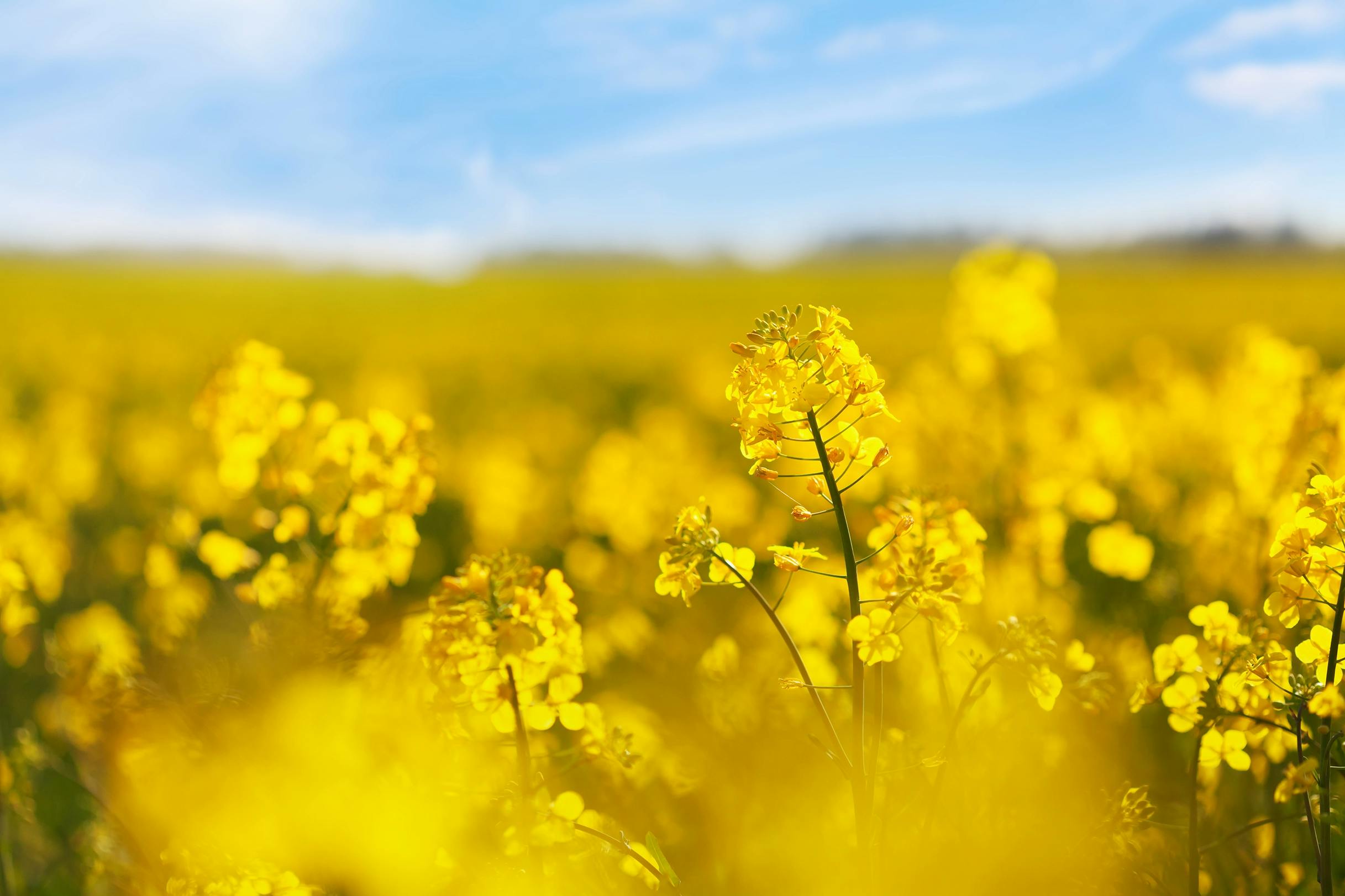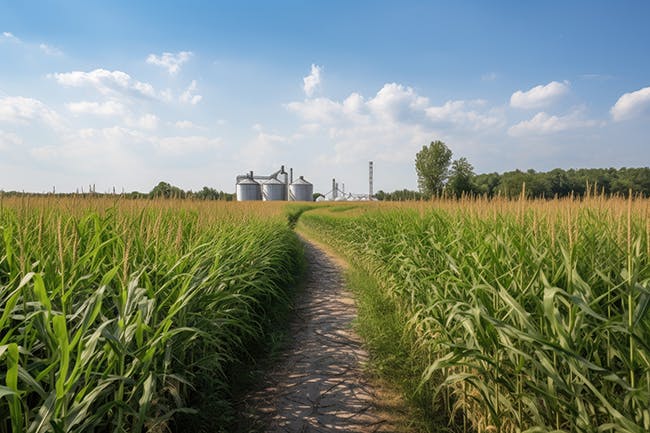
ISCC and ISCC PLUS CERTIFICATION
Product sustainability
The service
Certification activities focus on the assessment of precise technical aspects, including:
- the correct definition of the boundaries of the traceability system;
- the identification of the sustainability lot;
- the calculation of process yields;
- the mass balance;
- the risk analysis;
- the traceability system;
- the sustainability statement.
Auditing activities are carried out by qualified auditors as required by ISCC.
Contact us for support, information or a quote request. We will contact you back as soon as possible

Context
The increasing pressure on organisations to commit to sustainable development requires a rethink of the business model, the integration of social responsibility into strategies and policies, and the expansion of the product range to include sustainable products.
Organisations are increasingly being asked to demonstrate a proactive commitment to the 17 Sustainable Development Goals defined by the United Nations.
ISCC (an acronym for International Sustainability & Carbon Certification) was created to enable organisations to meet the sustainability requirements for biofuels and bio-propellants under the RED Directive. As it is mandatory, this scheme has had a significant impact around the world.
Based on the experience gained and the brand recognition achieved, ISCC has developed the voluntary certification scheme ISCC PLUS, which guarantees public and private bodies the sustainable content of the product through the principles of traceability throughout the supply chain with a so-called ‘mass balance’ approach.
target organizations
Product sustainability certification in accordance with the ISCC PLUS scheme applies to all actors in the sustainable product supply chain, in particular: recycled product supply chains, food and feed product supply chains, chemical product supply chains, biomass supply chain for energy use, bio-based products.
The products that can be certified are defined by ISCC and published in the ‘List of Materials’ document, where they are constantly updated.
benefits

possibillity to certify multiple sustainable supply chains (Circular, Bio, Bio Circular)

Obtain product certification that protects organizations from the risks of green washing

Pursue the reduction of impacts on biodiversity and the ecosystem

Have immediate competitive advantages in the market

Possibility of including voluntary so-called "Adds on" to enhance additional elements of product sustainability

The report "Linking Voluntary Standards to Sustainable Development Goals" highlights how ISCC PLUS is among the product certification schemes that meet more of the 17 UN Sustainable Goals.
CERTIFICATION PROCESS
Organisations can apply to Certiquality, the co-operating certification body for the ISCC scheme, for sustainability certification of their products in accordance with the ISCC PLUS scheme.
The process involves:
- Acceptance of the certification offer
- The applicant organisation’s registration on the ISCC portal
- An initial audit to issue the certificate (valid for one year)
- Managing any defects that are found
- The certification decision by Certiquality
- Publication of the certificate on the ISCC website
- Annual renewal audits
More information
To explore this topic in more detail, we suggest consulting the following documents available on the ISCC website:
- ‘ISCC PLUS’
-‘ ISCC EU 203 – Traceability and Chain of Custody’
-‘ ISCC EU 204 – Risk Management’
- Any other relevant documents published on the ISCC website under the ‘ISCC Documents’ section